“Ten years ago, this series wouldn’t have been made”: The cast of Heartstopper on Netflix’s new LGBTQ+ teen drama
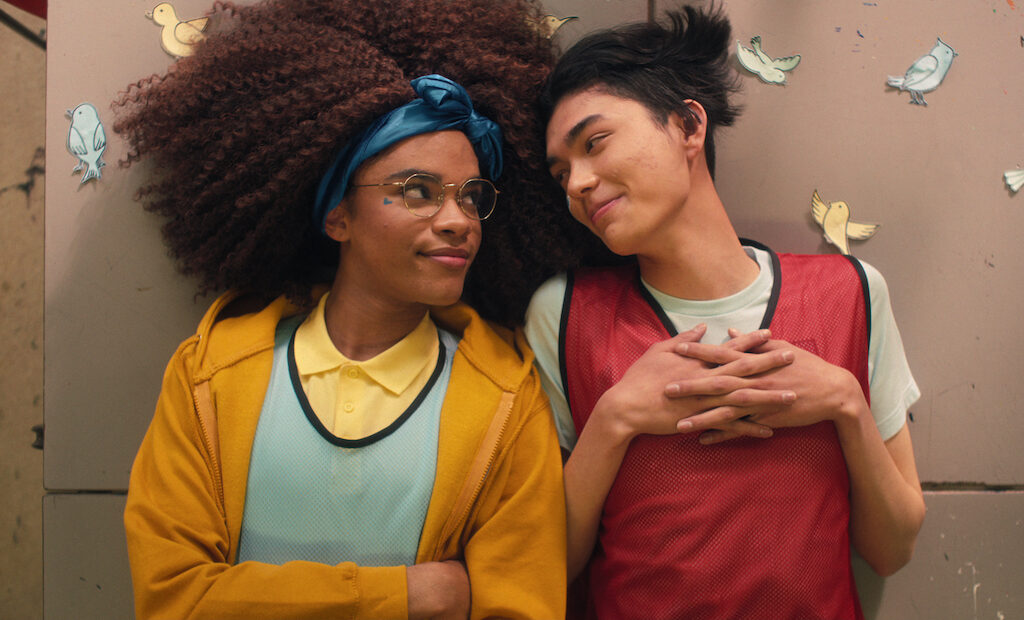
Heartstopper is a coming-of-age drama adapted from the graphic novel by writer and producer Alice Oseman. The eight-episode series developed for Netflix tells the story of two teenage boys, Nick and Charlie, who meet at a boy’s grammar school and start to develop feelings for each other whilst navigating the tricky path of adolescence.
At its centre, the story explores the vast spectrum of sexual orientation. The lead roles are played with empathy and sensitivity whilst an ensemble cast delivers layered messages of friendship, acceptance and the reality of homophobic slurs.
The Upcoming had the pleasure of speaking to cast members Joe Locke (Charlie Spring), Kit Connor (Nick Nelson), Corinna Brown (Tara Jones), William Gao (Tao Xu), Yasmin Finney (Elle Argent) and Kizzy Edgell (Darcy Olsson).
What was the casting process like for this, because I’d imagine that there were probably lots of auditions? And what was your reaction when you guys landed each of your roles?
Joe Locke: It was my first ever acting job. I’d always been interested in becoming an actor. They did an open call. I sent in a self-tape and then I had a Zoom audition. I was thinking…”Maybe this might actually happen?” Then we did an in-person audition in Windsor in the middle of Covid. It was so strange!
Kit Connor: It was an amazing audition. I originally auditioned with a self-tape for Joe’s character Charlie, which, whenever I tell people that they’re just like, “Nooo why?”. The real reason I was doing it was because I knew about the project, I thought it was an amazing story and I wanted to be a part of it. The audition tape they sent through was one of Charlie’s speeches where he’s really just at his most genuine stripped-back point and it’s beautifully written and I thought, “I really want to do this”. I thought, “There’s no chance I’m going get it” because physically, there’s nothing about me that could fit this character. But then, luckily, there was Nick that I could sort of slot into quite well. We did quite a few auditions and I did one with Joe and then we did the whole group chemistry one as well. It was great, I feel so lucky to play him.
Corinna Brown: For me, it was a similar thing. I auditioned for Tara with her episode six speech. So, reading it I was like, “I’ve got to do this justice”. I did the Zoom records in my bedroom and Daniel Evans (casting director) said you could see my duvet and my pillow behind me! Then I met the guys and I was really nervous. I didn’t think I was going to get the part even after the full group chemistry read, so I was shocked when I did and, of course, over the moon.
This show has so many well-rounded LGBTQ+ characters. From all of your perspectives, why is it so important that we have TV shows that are giving us a well-rounded depiction of what it is to be LGBTQ+ today?
JL: Ten years ago, this series wouldn’t have been made. So I think it’s really important that we tell these stories now that society has moved to a more accepting place. It’s A Sin and Euphoria tell the more serious and hard-hitting issues of what it is to be queer, but I think it’s also equally important to have the more loving and positive stories of being queer. How can we make queer youth feel like they deserve happiness if all we’re showing them is people dying of AIDS? Which, although is an equally important story to be told – and it’s really good that we have it – we also need the opposite of that, which I feel like Heartstopper is.
KC: There hasn’t really been a show like Heartstopper made before because they’ve all had that darker side with more negative issues, especially for the demographic that the show has been made for. Heartstopper, though, is not just limited to teens and young adults. You can watch it with your parents. You can watch it on your own. You can watch it with anyone. I think that’s an incredible thing because it hasn’t been really done or made before. I think that feels really special.
CB: I’d also say the fact that all the characters are young. It shows us – shows everyone, all young people – that love is okay whatever age you are. Let’s not shy away from it. Queer love is okay. Straight love is okay. And to have a show that just depicts it all brilliantly is like, “Oh my God, if I had that when I was like, 14, it would have been so much easier”.
KC: When you’re in school, it feels like that’s your whole world. That’s your whole life and therefore, you don’t really think about the bigger picture. I feel like sometimes people can use that to undermine teen love and undermine the really strong, powerful feelings that you experience as a teenager. I think that’s something that we’ve really tried to present.
Kit, there is a really moving scene where your character talks about his sexuality with his mum and has this amazing conversation with her. Her reaction is welcoming and warm, and she doesn’t push him away. This can be quite rare when you “come out” or talk about queer relationships with families. What do you think viewers will take away from that?
KC: I think that it’s very necessary for the show to have that resolve for the character because I think so much of his story arc is that level of confusion and fear of the unknown, and really not knowing how different people in his life would react. Throughout the show, he is still working out how he feels, who he is and how to be authentically himself. It really needed to happen, that he has that resolve at the end of the show. I hope that people take away that Heartstopper is very much about positivity and the fact that so many queer shows and TV shows in general focus very much on the negatives and we’re trying to show people that it’s going be alright and there’s always someone who loves you and it’s always best to be yourself and to be authentic. That was the scene that I circled when I first read it and was like, “This is what I want to get right” because, for so many queer teens and everyone in the LGBTQ+ community, I think that’s an incredibly relatable moment.
What drew you to each of your characters? And what is your favourite thing about them?
JL: Charlie’s just so nice. He’s that person who walks into the room and you just smile, because he’s just so nice. I would always hope that that’s who I would strive to be as a person and sometimes I really don’t do it as well as Charlie does. That really appeals to me about Charlie. And the fact that he cares so much about other people.
KC: I have this sort of obsession with a TV show called Normal People. Paul Mescal, his character Connell, I found extremely relatable. When I first read Nick, I saw a lot of similarities: the idea of popularity and friends coming so easily and then you’re thrust out of that and suddenly you have to fend for yourself. Nick was so used to this comfortable world because he’s very likeable. He’s got rugby and he’s easy to talk to, so he attracts a lot of friends and he never really had to try for that. Then suddenly it’s all turned upside down by Charlie and his new feelings and suddenly discovering himself. Not knowing whether or not the friends that he did have will still accept him, whether he still feels the same way about his old friends. That’s something that I found really interesting.
CB: I think my favourite thing about Tara is how kind she is and how much she cares about everyone’s emotions around her. It can, of course, be detrimental too, but she’s also a listener, she takes it all in and she can pick up when someone’s over in the corner and not quite right. She’s clued in to all of that, which I think is beautiful.
It’s clear that you guys get on so well. How did you build that sort of friendship behind the scenes when you started filming together?
JL: I think it’s just spending 12 hours together. It’s such a unique experience to go through as a group.
KC: You have the three couples kind of thing and that was really crucial to the story. So, if they fell apart, then the show would too. Everyone on set was just so happy to be there and enjoyed each other’s company, and shooting a show that’s so positive and so happy, it would feel a bit wrong if people weren’t having a good time and people weren’t happy and people weren’t getting along. We’re lucky because you can’t force chemistry, you can’t force people to like each other. But I think that it was there. Yes, we were really lucky.
Kit, bisexuality is so underrepresented in mainstream storytelling. It falls under the radar compared to other parts of the LGBTQ+ community, yet here it is covered in such depth. We really see Nick coming to terms with that. Was that really important to you?
KC: Yes, I think especially to have a male bisexual character, something that is even less represented, that’s really special. I think just that added layer of mental turmoil and confusion and conflict, in terms of a story, creates a really complex character and the journey that he goes through. You’ve got similar things going on through Sex Education, but never really to this extent. And I think the very soul of it is it’s very much just a friendship and they love being with one another and then it slowly progresses into something more. It’s a real honour to be able to play Nick because he’s such an under-represented character.
Kit, we can’t reveal who it is yet, but could you talk a little bit more about what it was like working with the high-profile actress who plays your mother? Did you ever guess it would be her?
KC: We got to film with her for two days. It was really just me and her and it was an utterly incredible, enlightening experience. For me, I think one of the great things about working on Heartstopper was that so many of the cast were brand new to the industry, but it didn’t feel like that because everyone settled in so well and everyone really felt like they belonged there. There was this element of everything’s fresh, new and everyone was so excited to be there. Then having that chance to spend two days with someone like that was also an incredible experience and I think it’s an honour for any actor to be able to work with an Oscar winner of this kind of calibre. You know that scene that we mentioned earlier? That was one of the ones that I was so excited and nervous to film. We’d read it through, go over our lines and sort of stumble through it 50% just to get a feel of that scene. I remember so distinctly sitting on the table stumbling through and suddenly there was a tear rolling down her cheek and I just thought, “I need to step up my game right now”. Euros Lyn, our director, really opened a lot of doors, because he’s been around for such a while in this industry and worked with so many amazing people, so I believe he wrote a personal letter to her and asked her to be involved.
You’ve also had a famous face playing the headmaster. Are you hoping to maybe get a scene with him next season?
JL: I think they just wanted a really legendary gay actor to be the headmaster’s voice and they were trying to figure out people and they asked him. It’s great. It’s so cool.
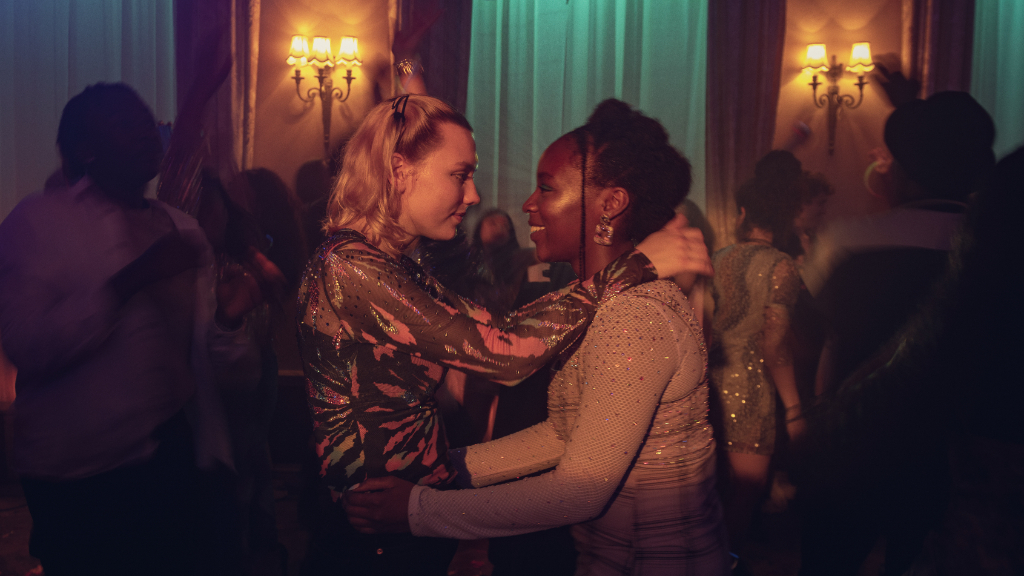
This series is adapted from a graphic novel by Alice Oseman: do you think the drawings helped develop your roles and give a bit more insight into your characters than just a plain novel to work with?
Yasmin Finney: Yes, I think seeing all the character drawings really helped. Elle’s quite tall like me, has curly hair and she wears glasses. I like wearing glasses sometimes. So yes, it kind of helped me pinpoint what I relate to when it comes to her and her “look”.
William Gao: I think those were a big expectation of what we had to base our characters off because, obviously, there’s so much information in the comics. I read the comics before we started the process, just so I could see what Alice’s view was, but she was actually quite free with us. She had a chat with us because we did a rehearsal before the shoot and she was like, “I want you to make it your own. You don’t have to base it solely off the comics because I want you to incorporate your own thing into that”. So that was really liberating. But yes, certainly an expectation.
Kizzy Edgell: Darcey’s not in the comics as much as she is in the show. So I thought it felt really free. I think the drawings helped in the sense that you can see the humour in that way more than you would in a novel or written book. You get good facial expressions. You get a sense of mischief I don’t think you would have got otherwise.
Alison talked about the authenticity of the roles played and the importance of getting the right cast. How did you feel about that when you went for the castings?
YF: I think it’s important for representation. Alison knew that Elle had to be played by a trans person and I think I’m really happy with that and the fact that I get to be a part of that universe, being authentically myself and being open.
WG: For me, when I saw the casting – I’ve never ever seen a casting saying, “We’re looking for a British East Asian actor”, or “Mixed British East Asian actor.” I’ve never seen that in my life and I’ve talked to all the British East Asian actors and they’ve never seen that. So that was the first time and it was a bit of a shock for me. It’s just indicative of how precise they were with this casting to bring the diverse group that we have together. I think it’s just beautiful the way they did the process and then in the show. It’s just wonderfully diverse, in every sense of the word.
KE: Darcy, the character, isn’t trans. But I am non-binary and I think that’s made me feel really lucky that I can talk about it, I can speak to people about it. The lesbian representation, queer female representation, is something that does get missed out on a lot of shows. I really liked it. I’m really happy to be part of it.
How does it make you feel just knowing that the show and your characters are going to create such positive role models?
YF: For me, I definitely didn’t have an Elle growing up and I think a lot of trans children around the world didn’t have an Elle growing up. So I think it’ll be good to have a representation of that and seeing yourself reflected in the media from a young age can really help you in the future.
WG: In the media, if you look for this community we’re in, no one growing up, none of us had anything to look up to. This is the first time in recent years there has been a big change. For teenagers around the high school bracket, there’s been nothing like this in the history of TV that has represented, celebrated and given young people that are struggling with their identity something to look up to. There was a friend of my dad’s who’s gay and he said, “This is a show I wish I had growing up. This is the show I never had”.
KE: I think Darcy is great because she’s not in any way confused. She knows. Being able to feel that concretely and see someone that is so confident with who they are, so unconcerned with how the rest of the world sees her, I think it’s really great. And it’s good that she uses the word lesbian, rather than, a girl who likes girls. That word lesbian and the use of the word lesbian in the show is really important to me because it seems a lot of the time it’s a dirty word. People will be called gay girls or queer but not lesbian. That word, I think, means a lot to me in the show.
What do you think you’ve learned from this show about the LGBTQ+ experience?
WG: They structured rehearsals in such a way that we did hot seating and scene study in the day, and then every other afternoon we had a session with Stonewall and we had these people coming in and giving us talks about the history of the LGBTQ+ struggle and different events. I learned so much. I know it’s completely unrelated to Heartstopper but I learned so much about the AIDS pandemic. These talks really inspired me and really broadened my knowledge.
YF: For me, being a black trans woman on a set, I just always try and make sure that I’m educating people on what it is to be trans. I guess like Stonewall, they came in educating everybody, the history of trans people, queer people in general, and I think it’s all just about educating. As long as you’re open and willing to learn and to respect queer people, then I think that’s the best way to learn.
KE: I think the most important things that I’ve learned are empathy and solidarity with the rest of the queer community. There are so many of us who are in so many different ways so diverse, so complicated. Just because my queer experience is different, doesn’t mean that we’re not all together, we need each other.
The existing fandom around Heartstopper is really intense, particularly on social media. What has it been like stepping into that, particularly as you are newcomers to the television world?
WG: I only did theatre before and everyone just claps and goes home. 24 hours, done. So, it’s been a bit of a shock. It’s overwhelming but in a good way. It’s just staying aware as it can overwhelm you in a negative way.
YF: I think for most of us, it was our first thing and I think I can speak for us all when I say that we’re very lucky to have this as our first thing because the set was just so warm and lovely and it didn’t even feel like it was like work. It just felt like we were making this beautiful project together.
KE: I would have done it for free. It has been weird at uni because I’m doing a degree right now in psychology and it was weird juggling my A-levels when we were on set. I’d have to sneak out of the green room and do some revision and then come back. It was really intense. It’s like you just sort of freak out every time we end up on camera or having an interview. I’m like, “This can’t be happening. This must be a joke!” It’s nerve-wracking and scary. I’m not a super extroverted person in general, so it’s quite scary.
If there was a second season, are there any particular themes or storylines that you’d be excited to tackle next with Heartstopper?
WG: Tao and Elle. Definitely. They have this whole story and their love blossoms, this flower opens out into this love between them.
YF: What was once such a strong, beautiful friendship has turned into a beautiful relationship. I think in season two, there’s going to be just a lot more trauma, trips, public outings and friendship development.
KE: For Darcy, I want more drama. I want to do something crazy. In the book, she gets everyone drunk which would be a really funny scene to film.
Was it important to all of you that this is a show that centres trans stories in this really beautiful, meaningful, positive way?
YF: I truly am just so blessed to be chosen to be Elle. It is such a rare story that we get a trans character that doesn’t delve into gender dysphoria or depression or bullying but just the positives, the friendships, the chosen family, the moving from a boy school to a girl school – just everything that is natural about being trans. It’s just highlighted and I’m just so happy to be that positive representation that we have needed for so many years. She’s just allowed to live herself with no society telling her what to do, how to act, how to look and how to love and how to be. She’s just her. I think that’s what’s so beautiful about the trans story that we have in here.
KE: I really like the way the show uses the idea that being trans isn’t a story in itself. It’s Elle, right? It’s not about a trans woman. It’s about Elle. She’s the most sweet, most lovely, most caring girl ever and that’s the most important thing. The fact she’s trans is just a part of it and she’s allowed to be happy. She’s allowed good things and she’s allowed a crush and she’s allowed to be moany and teenage.
What are your favourite things about your characters?
WG: For Tao, he’s so down to earth and not afraid to say what he thinks. I really don’t have that, I’d feel rude or impolite. I really admire that kind of sense of, “No, I’m gonna say what I’m going to say”.
YF: I admire Elle just being herself, an all-girls school can be a lot. I think I just really admire her strength and confidence to live her life authentically every day. Chosen family is the biggest message, because as queer people if you don’t have your own family and have to go and seek out your own dreams and family, that’s kind of what we have in high school at such a young age, which I think is great support.
KE: I most admire Darcy’s friends. I’d love a group of mates like that. It is true that queer kids do tend to find each other and group together. I think all the characters are really honest characters. They don’t hold back. They resolve conflicts. I’m jealous of that.
Yasmin, you have a really huge following on TikTok. How did you make the jump to television acting? Was that always your goal?
YF: I started my TikTok journey back in 2019, documenting my life as a trans person in Manchester. The response I got was incredible. I created this community of queer people that loved everything I was doing and loved everything I stood for. Deep down, I always knew that I wanted to be in the industry but I’d never really seen myself represented in the UK media. There are loads [of shows] in the US, like Pose, which I absolutely love. That was one of the first shows that I’ve seen and felt completely represented. I saw the casting call for a trans girl of colour. She moved high schools because of her hair length and her transition and she’s got positive friends around her and is into athletics and I was like, “There’s no way this is happening right now”. I literally just screamed. I went for it and within a matter of a few weeks of Zoom calls and going back and forth from London, I finally got the role. It was very rewarding because I also remember that the casting call was the only international search. Every other character was just the UK, but because there’s such a lack of trans actors in the industry it had to be international. So that made the stakes higher for getting this role. I just feel so blessed.
Ezelle Alblas
Heartstopper is released on Netflix on 22nd April 2022.
Watch the trailer for Heartstopper here:

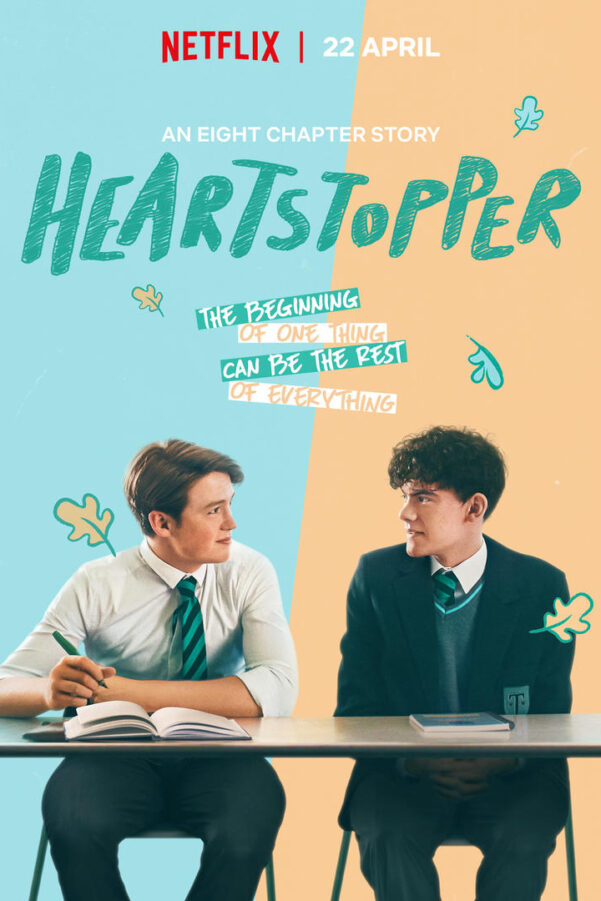
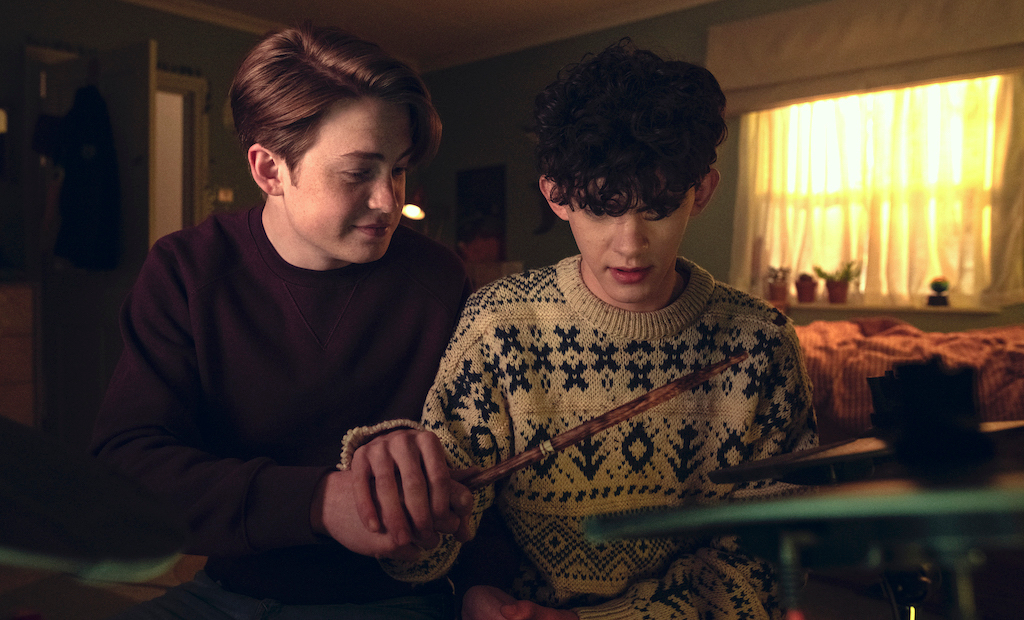
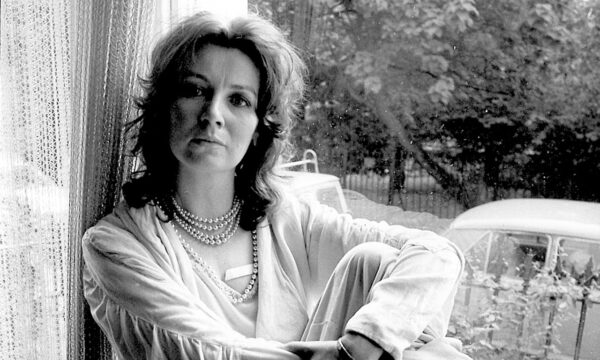
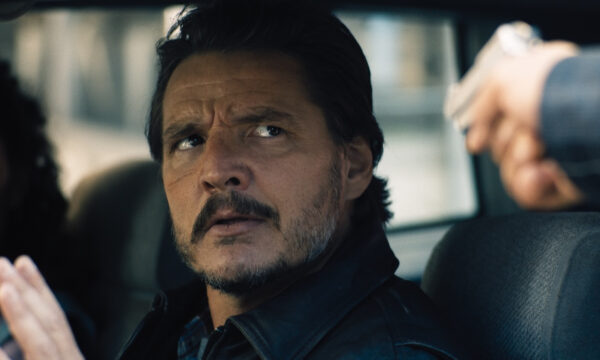
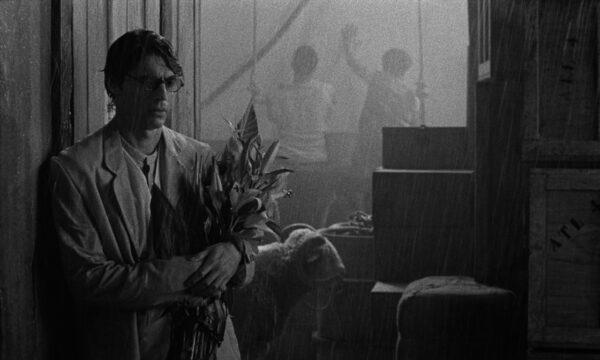
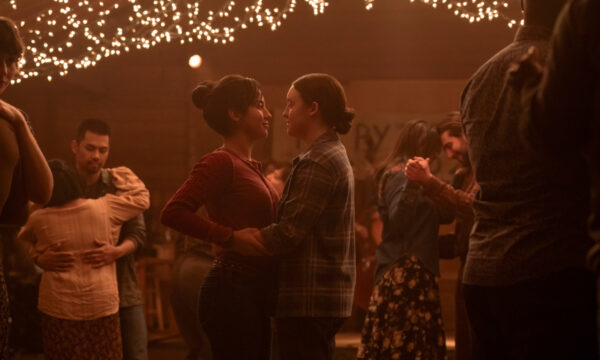
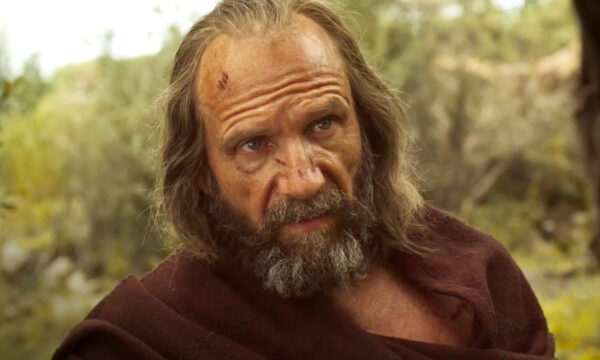
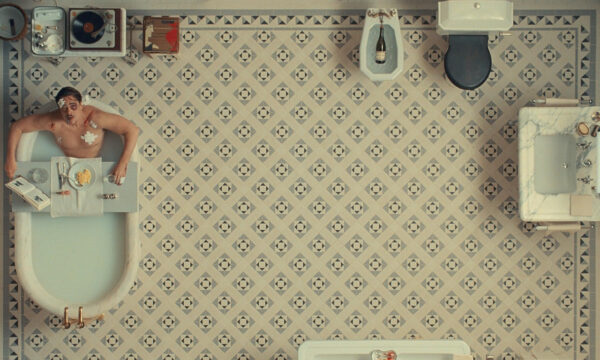
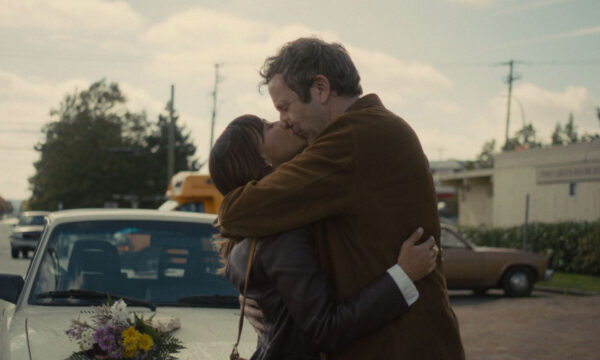
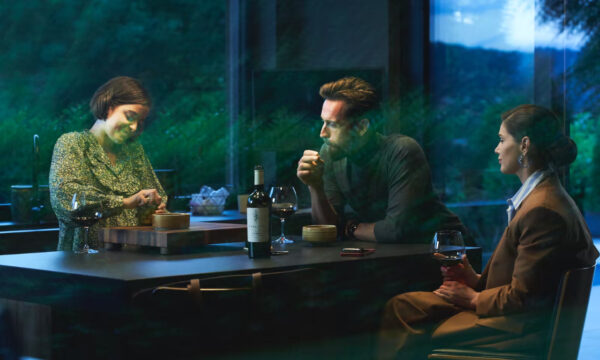
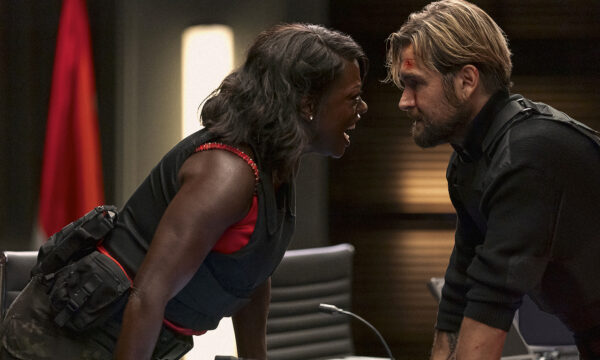














Facebook
Twitter
Instagram
YouTube
RSS